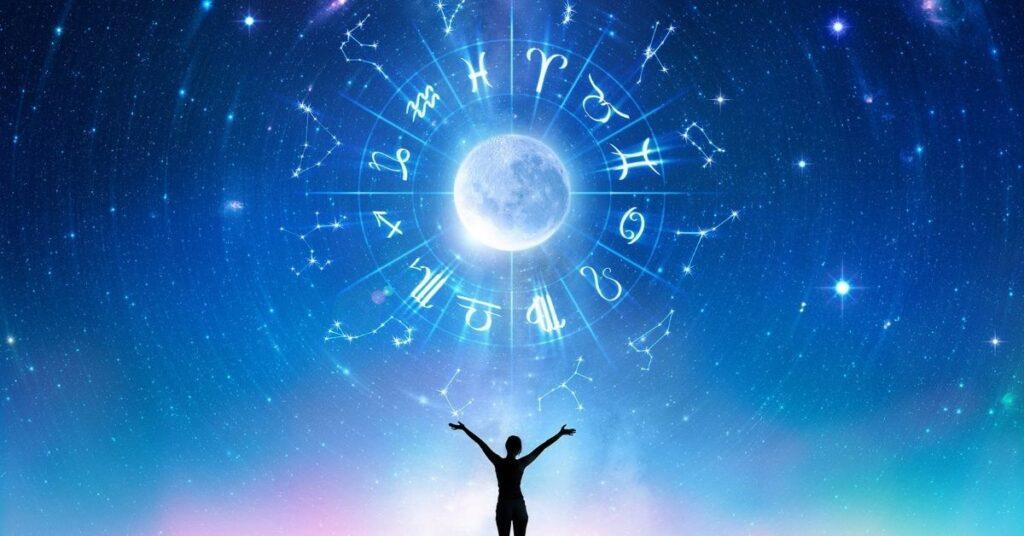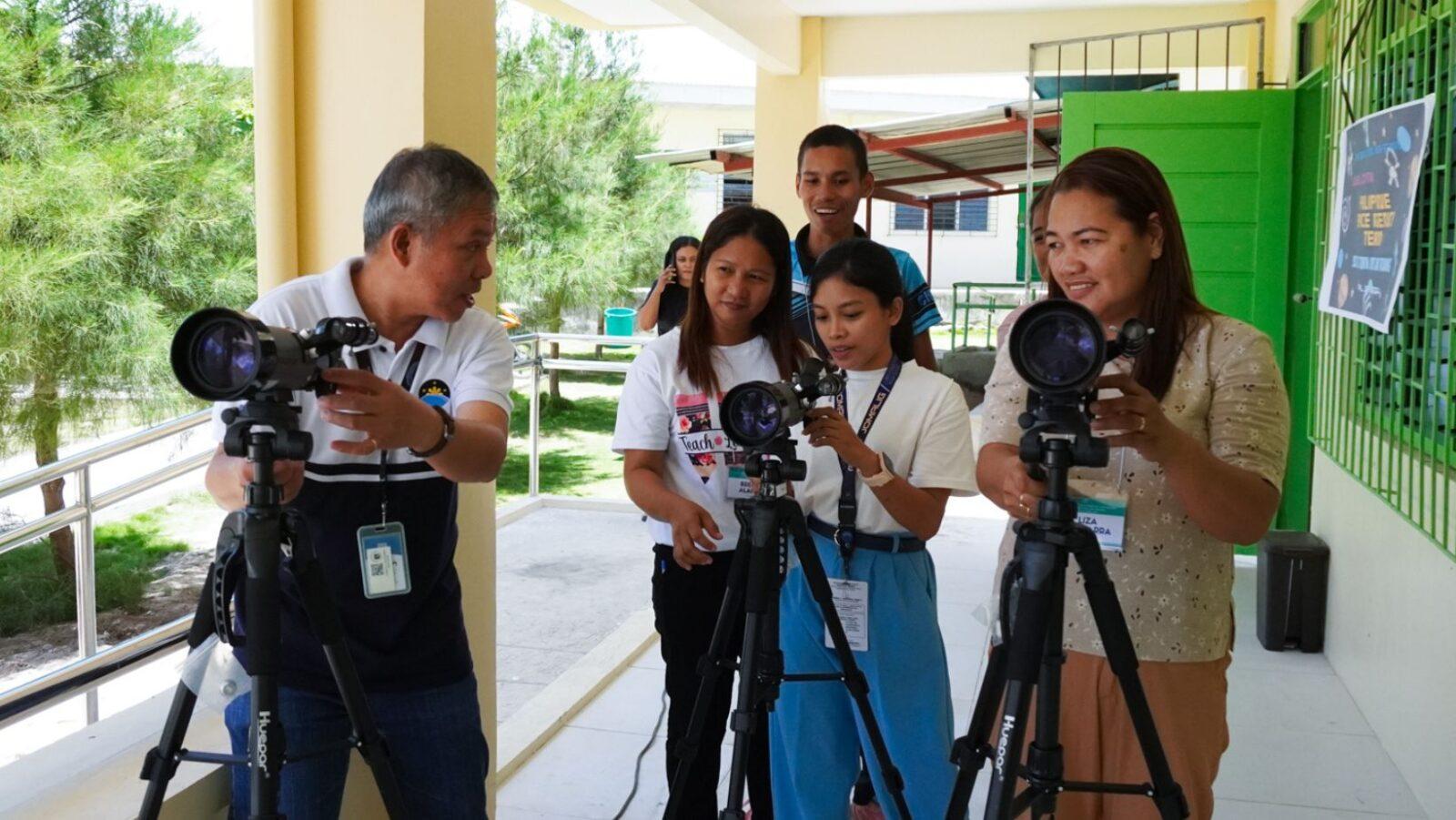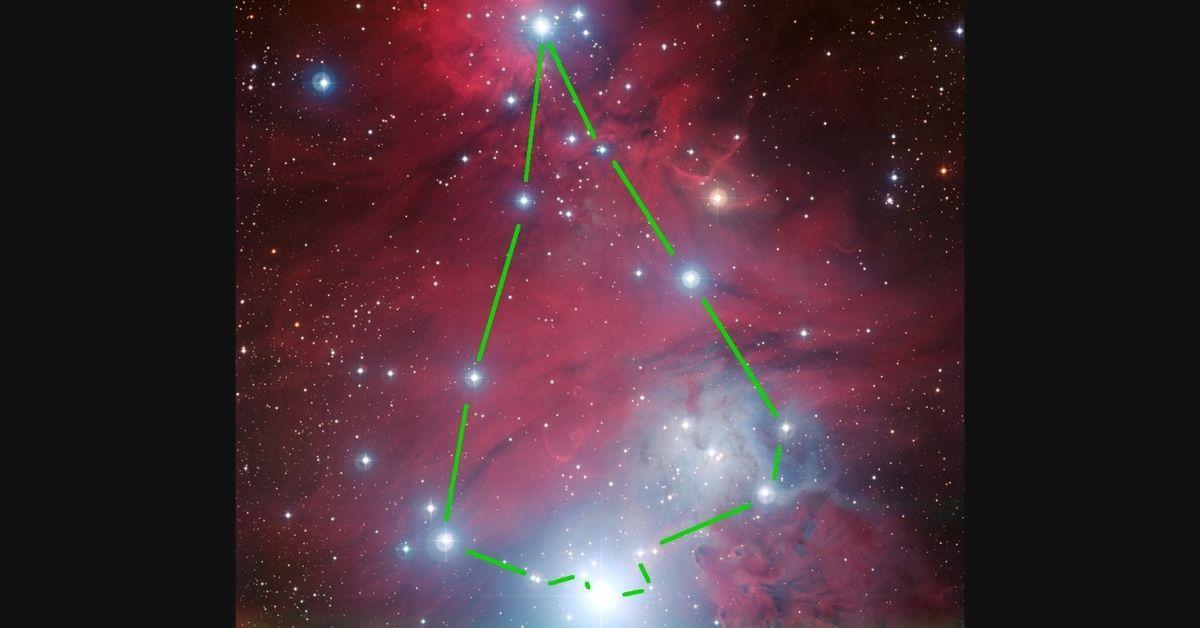
“Why do you still believe in astrology?” Puzzled (and with genuine curiosity), I posed this question to my colleagues.
This ancient, elaborate system of interpreting celestial signs has seen a resurgence in popularity in recent times. Nowadays, though, it seems to be the younger generations who are really getting into it, largely thanks to the many astrology memes and gurus all over the internet.
Unsurprisingly, the rising interest in astrology has triggered heavy backlash online as well. Try checking Twitter—or any social media platform, for that matter—and you can easily read the frustrations of those in the scientific community.
And of course, who can forget the gigantic faux pas committed by self-styled feng shui master Hanz Cua and many other consultants in the Philippines when they declared that 2020, the year when the COVID-19 pandemic changed life as we know it, would be a “strong, prosperous and lucky year”?
The science is unanimously and unambigiously clear: astrology is no longer considered scientific, because it has no scientific basis. Mercury retrograde doesn’t hold sway over our personalities and relationships, and the date you were born will not determine how rich or successful you’ll become.
That’s why I felt like asking people about it; I wanted to know the reasons why many still subscribe to astrology. They gave me different answers, but they all pointed to the same thing. The root of it all is a fundamental need of every human being: meaning.
Astrology and the psychology of meaning
In his groundbreaking book Man’s Search for Meaning, psychologist Viktor Frankl argues that we humans are in a quest to find meaning in our lives.
Frankl’s own journey was far from frivoulous. Drawing from his gruesome experiences in a Nazi concentration camp, Frankl saw how meaning—or the lack of it—propelled a person to thrive or perish in the presence of ineffable suffering and uncertainty.
This is precisely what astrology provides, says Lyceum of the Philippines University psychology professor Ronnel Asumbrado.
“Whenever life just doesn’t make sense to us, we look for things [and] engage in behaviors that will allow us to understand the life we are living, what is happening around us, and why terrible things happen,” he said.
Astrology gives people a sense of control – another basic psychological need.
A sense of control, from looking up at the stars
We humans tend to feel that to some extent, we should at least be in control of our situation. Otherwise, we’d be seriously overwhelmed by the world’s complexity, which can lead to a host of mental illnesses like depression and anxiety disorder.
Furthermore, when we make decisions, it’s very difficult to take into account every single factor involved in the situation. Nonetheless, we need to see the process with at least some degree of coherence. This, in turn, would help us devise tailored-fit responses to our situations.
Given these reasons, we could see astrology as a kind of a mental “map.” It guides people who navigate through the dangerous and confusing jungle we call Earth, often by assigning meanings to their personality, relationships, and future through their astrological signs.
One good example of this came from my colleague, Kenneth. He told me how astrological signs help him deal with other people’s irksome attitudes.
“Kunwari, iritang-irita ako sa ugali ng isang tao. Hinahanapan ko ng dahilan kung bakit through his birth chart. It would make sense ‘pag nabasa ko. Maiintindihan ko na siya. Coping mechanism na rin keysa mag-plant ako ng galit sa tao.”
(For example, there’s someone whose attitude really irks me. I search for the reasons why through his birth chart. It would make sense by the time I get to read it. I’ll be able to understand him. It’s a coping mechanism, instead of just harboring anger toward that person.”)
Is astrology illogical? Not really
“Wait – we’re supposed to be scientific these days,” you might object.
Sorry to burst your bubble: Meanings don’t always need to be scientifically sound – in fact, it’s common for them not to be.
Prof. Asumbrado explains that we don’t always act based on our logical reasoning (i.e. facts and logic). Rather, we sometimes appeal to our so-called emotional reasoning. “Whenever we feel lost or hopeless, we tend to cling on to things that would fulfill our needs,” he explained. “In this case – purpose and hope – even though we know that it might not be true or may hurt us in the future.”
In other words, this kind of thinking heavily relies on our emotional cravings to define our perception of reality and actions. Often, this comes at the expense of actual, factual basis.
This might be a reason why Kenneth still subscribes to astrology, despite being aware that it might not be true. For him, astrology’s usefulness outweighs its truthfulness—a perspective that runs consistently with emotional reasoning.
Looking at the bigger picture, though, this might also explain why the younger generations, like Gen Xers and Millennials – which the American Psychological Association considers to be significantly more stressed than other generations – flock to astrologers online. Their emotional stress motivates them to find consolation and purpose in astrology.
When astrological predictions hit the mark
Of course, some people truly believe that astrology produces accurate predictions.
Sharing her journey of choosing Western astrology over its Chinese counterpart, another colleague of mine, Ecoy, believes that this is the case. “Napapaliwanag ng western astrology kung bakit ako ganito, kung paano ako magbasa ng tao, kung paano ko sila pakikitunguhan, kasi madalas sumasakto talaga sa signs nila.”
(“Western astrology really explains why I’m like this, how I read other people, and how I interact with them, because more often than not, their signs really are a perfect fit.”)
To this, Prof. Asumbrado points to other psychological concepts that explain why. The first one is the Barnum effect.
Here’s an example. Suppose your favorite newspaper gives its daily astrological advice for Libra: “Domestic life is likely to be in full swings of joy.” The Barnum effect simply tells us that statements like this are often too general and vague. Hence, everyone could easily assume that this advice speaks to them personally. Even a Leo or Aries, said Prof. Asumbrado, could claim this statement for themself.
Making your own reality
He also mentioned the idea of a self-fulfilling prophecy. In short, what we predict may come true, because we think that it will. Unconsciously, we align our behavior with our prediction to fulfill it.
“If I read this now, I could expect that I’ll have a happy familial relationship. If I go on with my day expecting that [to happen], I may start to smile and act happy around my family. Which of course, in turn, may affect their behavior towards me – thus, fulfilling my belief,” he said.
Ultimately, regardless of whether or not you actually abide by astrology, I bet we could all reflect on where and how we draw our life’s meaning by cherishing Frankl’s famous maxim:
“Everything can be taken from a man but one thing: the last of the human freedoms – to choose one’s attitude in any given set of circumstances, to choose one’s own way.”—MF
References
- https://interaksyon.philstar.com/trends-spotlights/2020/05/19/168856/feng-shui-master-hanz-cua-breaks-silence-initial-prediction-for-year-2020/
- https://timesofindia.indiatimes.com/astrology/horoscope/horoscope-today-22-may-2020-check-astrological-prediction-for-aries-taurus-gemini-cancer-and-other-signs/articleshow/75870553.cms
- https://www.theatlantic.com/health/archive/2018/01/the-new-age-of-astrology/550034/
- Frankl, V. E. (1984). Man’s search for meaning: An introduction to logotherapy. New York: Simon & Schuster.
Author: Cesar Ilao III
Cesar III is currently a BS Development Communication student from the University of the Philippines Los Baños. As a science communicator, he is passionate about sharing science to all Filipinos.









